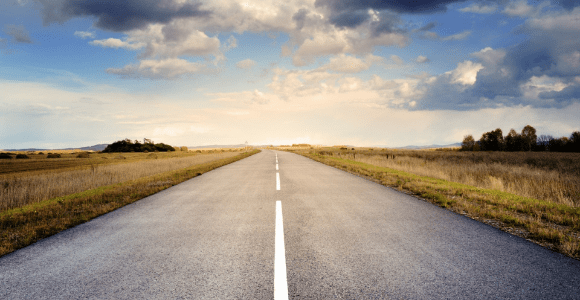Welcome readers! Please subscribe through the button on the right.
(Read this series from the beginning at Part 1 and Part 2.)

Again, consider that the story even mentions that “Jesus looked at [the man] and loved him.” Rather than expressing hate against the rich, I want to try and understand them. Societal, systemic change begins with understanding.
I do believe that massive amounts of wealth (billionaire status especially) does something negative to the soul of its possessors when they are an exception in their society—when so many around them have so much less. It must be damaging to have to tranquilize one’s conscience in these cases.
Wealth exercises a stronghold on its possessor, one rooted in fear. Our society is a system of manufactured scarcity: a reality has been created where there is not enough for everyone. This leads to anxiety and a fear of going without, and this fear drives endless efforts of accumulation, too often at someone else’s expense. That drive to accumulate in turn leads to holding more than we need for fear that at some time in the future we may go without. Eventually, wealth-hoarding must be protected against others who have much less, typically through violence. This whole system is violent.
Within such a system of manufactured scarcity, too many people solve the scarcity problem, but only for themselves: to hell with everyone else. Jesus offered an alternative in his own society that I believe we should consider today. He called people to form communities where members pooled resources and all worked to ensure everyone in the community was taken care of. From his very first call to disciples to leave their fishing nets and follow him, Jesus called people away from individualistic solutions to scarcity—whether that scarcity was natural or manipulated—toward communal solutions.
Yet it’s not easy to get free of the fear of going without that drives the hoarding of wealth. In our story, Jesus talks about camels having an easier time getting through the eyes of needles. The camel/needle illustration has a long history of being softened. Greek scribes or copyists exchanged the word camel (kamelon in the Greek) for the word rope, implying that the task wasn’t impossible if one trimmed a rope just a bit. They and the communities that followed them also created the fiction that the “needle” Jesus referenced was a narrow gate or pass in Jerusalem that was hard, but not impossible, for camels to go through. This was completely untrue, but softened the illustration.
Jesus’ point is that just as a camel can’t go through the eye of a needle, so the wealthy cannot enter the reign of God because a society under the reign of God has no wealthy class. That class has been eliminated. This is why the gospels repeatedly say one cannot serve both God and money.
But our goal isn’t universal poverty either. As the apostle Paul wrote, “Our desire is not that others might be relieved while you are hard pressed, but that there might be equality. At the present time your plenty will supply what they need, so that in turn their plenty will supply what you need. The goal is equality.” (2 Corinthians 8:13-14)
Jesus offered a community structured so that there was enough for everyone’s needs, but not everyone’s greeds. Our passage in Mark bears this out. Those who had the courage to divest from individualist wealth in favor of a genuine commonwealth would risk persecution from those benefiting from the inequities of the status quo, but they would also receive “100 times as much in this present age.” They would not receive that individually as prosperity gospel preachers teach, but communally. Under this model, no matter what the future brought, we wouldn’t face it alone. We would have each other and we could face whatever the future holds with our combined resources.
This is a community where those the present system makes last are first and those the present system makes first are last, because there is no more first or last. We are all simply humans deserving of human dignity, survival, and thriving. Jesus’ vision for human community offered a path for thriving.
But the economic teachings of the gospels are so little understood by most Christians today. Consider Christian attitudes to the Occupy Movement years ago, Christian responses to AOC’s dress with the slogan “tax the rich” a couple of weeks ago, or Christian responses to the present movement opposing an economy of billionaires. For wealthy North American Christians who prize their individual wealth and liberties over what is best for society and our collective thriving, this week’s reading offers so much to consider. Christians have always come up with ways around stories like these in the gospels, but imagine with me this week, a community didn’t try to get around them. What if we allowed ourselves to be confronted by stories like these? What would it look like if we set our security and hope, not on wealth accumulation, but on creating the kind of communities that made wealth obsolete?
“Command those who are rich in this present world not to be arrogant nor to put their hope in wealth, which is so uncertain, but to put their hope in God, who richly provides us with everything for our enjoyment.” (1 Timothy 6:17)













